The CERN Convention cites engaging the public with fundamental research as a vital part of the Organization's mission. Indeed, CERN and the experimental collaborations it hosts have a considerable history of high-quality communication and outreach efforts that reach a wide range of international audiences. These activities are complemented by prominent educational programmes, such as CERN's residential programmes for high-school science teachers and students. In 2009, CERN's Physics Education Research (PER) activities were launched to support and further develop educational activities and to provide consultancy for all actors in the Organization's education and outreach efforts.
Today, CERN's PER team comprises an international team of staff scientists, postdoctoral research fellows, doctoral students, and visiting master students who perform education research in the field of particle physics. Among the various research activities are quantitative and qualitative studies focusing on teachers' professional development and students' conceptions and interest, as well as the iterative development of low-cost, hands-on experimental equipment for the classroom and the education labs in CERN's Science Gateway. For a detailed overview of all ongoing and completed research projects and to meet CERN's PER team, have a look here!
Latest Publications
- Duggan, R., Kranjc Horvat, A., Schmeling, S. & van Sebille, E. (2025). The aims, contexts, evaluation and outcomes of science shows: a systematic review. International Journal of Science Education, Part B, 1–17, article
- Chatzidaki, P., Eriksson, U., Zoechling, S., Schmeling, S. & Fredlund, T. (2025). What makes digital learning effective? Evaluation of a digital learning module about positron emission tomography. Physical Review Physics Education Research, 21, 010143, article
- Duggan, R., Chatzidaki, P., Boselli, M., Dahlkemper, M. N., Durey, G., Herff, N., Kranjc Horvat, A., Scheerer, G. W., Schmeling, S., Thill, P. G., Vujanovic, M., Wiener, J., Woithe, J. & Zoechling, S. (2024). Introducing modern particle detectors in the classroom: a slice-by-slice overview. Physics Education, 59(6), 065027, article
- Kersting, M., Blair, D., Sandrelli, S., Sherson, J. & Woithe, J. (2023). Making an IMPRESSion: mapping out future directions in modern physics education. Physics Education, 59(1), 015501, article
- Dahlkemper, M. N., Lahme, S. Z. & Klein, P. (2023). How do physics students evaluate artificial intelligence responses on comprehension questions? A study on the perceived scientific accuracy and linguistic quality of ChatGPT. Physical Review Physics Education Research, 19(1), 010142, article
For a complete overview of all publications of CERN's PER team, have a look here!
Partners
Acting as an international PER hub, CERN actively collaborates with many partners throughout CERN's Member States and beyond on a variety of projects, many of which are related to doctoral students' research projects. If your institute or organisation is not yet in the non-exhaustive list below, feel free to get in touch – we should talk!
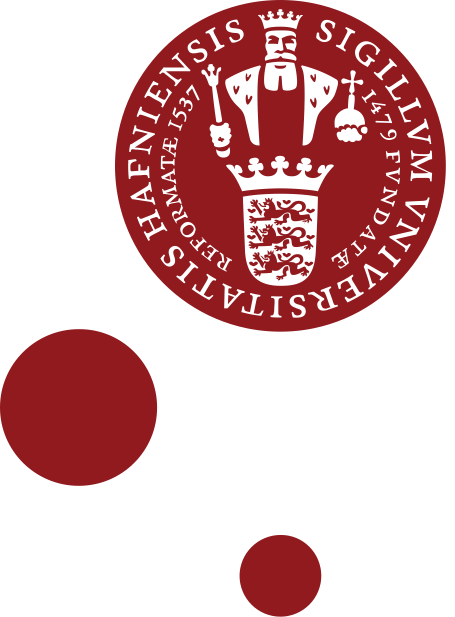 Copenhagen University
Copenhagen University TU Dresden
TU Dresden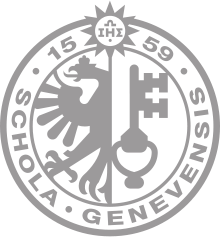 Geneva University
Geneva University Göttingen University
Göttingen University Hannover University
Hannover University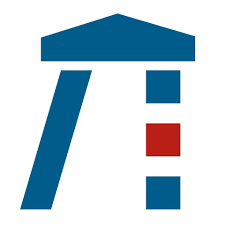 TU Kaiserslautern
TU Kaiserslautern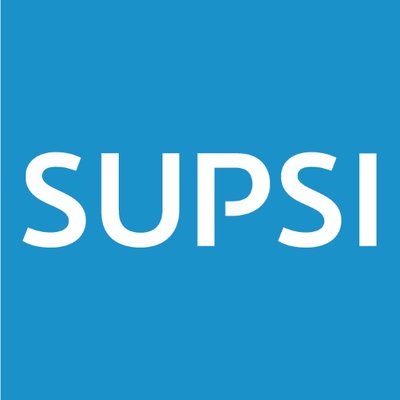 SUPSI Locarno
SUPSI Locarno Lund University
Lund University  PH Luzern
PH Luzern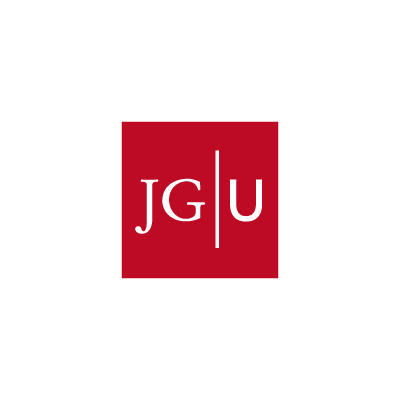 Mainz University
Mainz University  LMU Munich
LMU Munich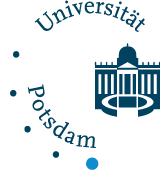 Potsdam University
Potsdam University  PH St.Gallen
PH St.Gallen Uppsala University
Uppsala University 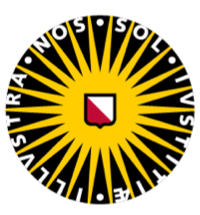 Utrecht University
Utrecht University 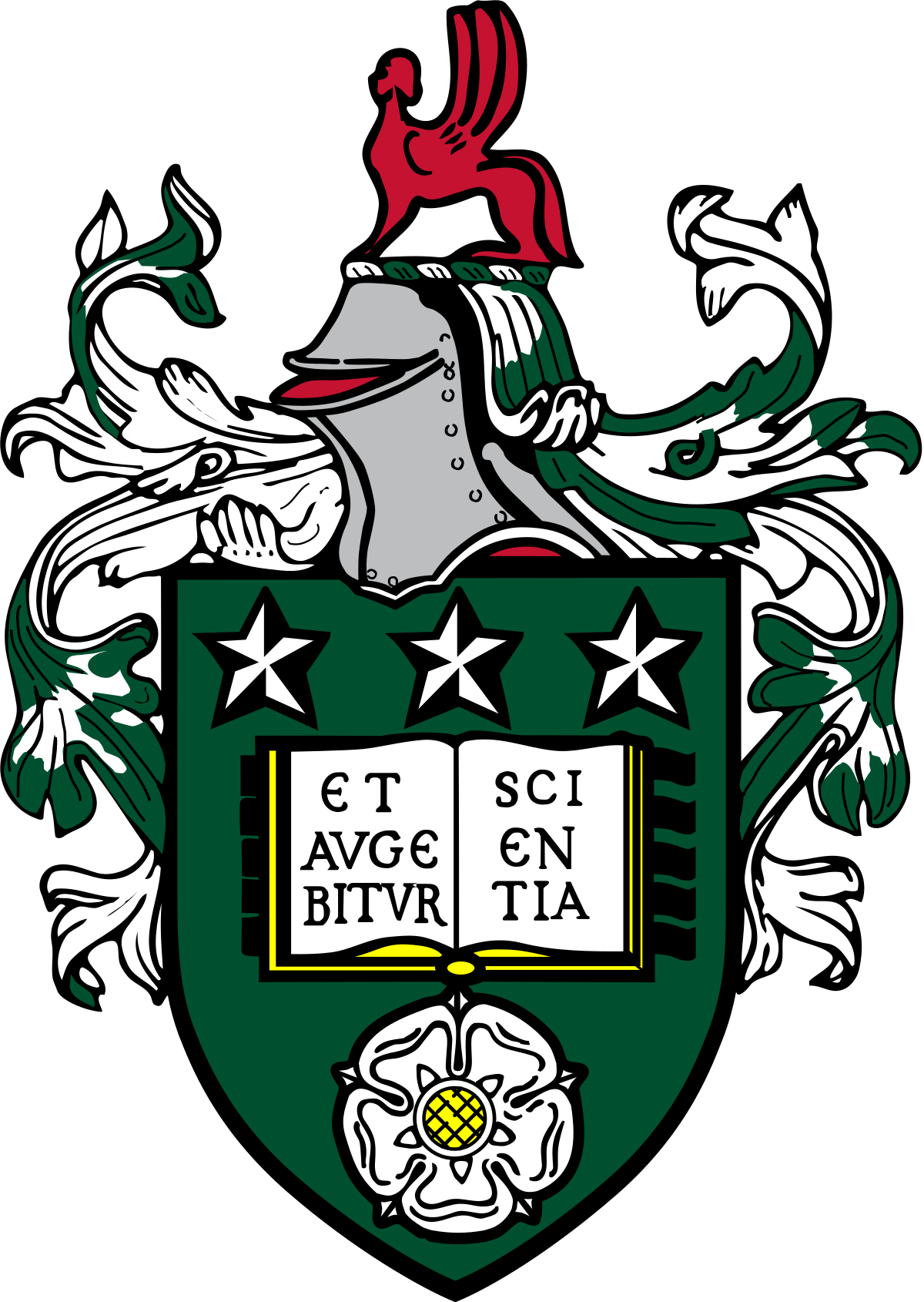 University of Leeds
University of Leeds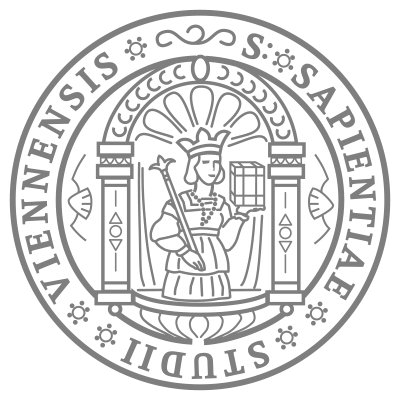 University of Vienna
University of Vienna Perimeter Institute
Perimeter Institute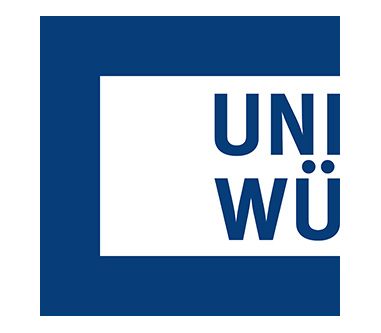 Würzburg University
Würzburg University 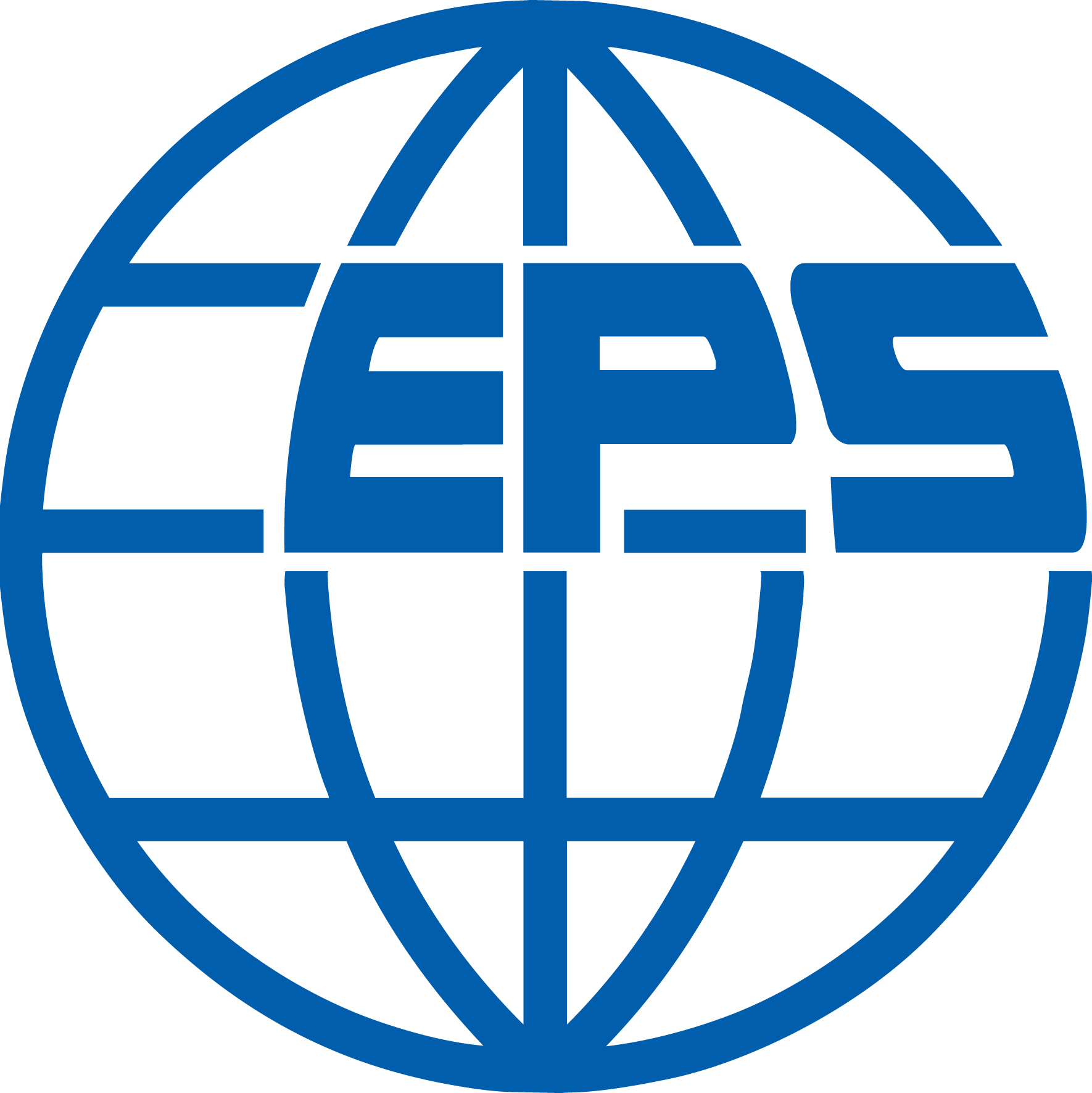 EPS
EPS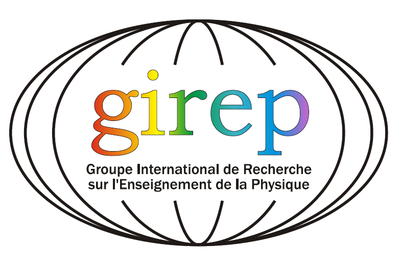 GIREP
GIREP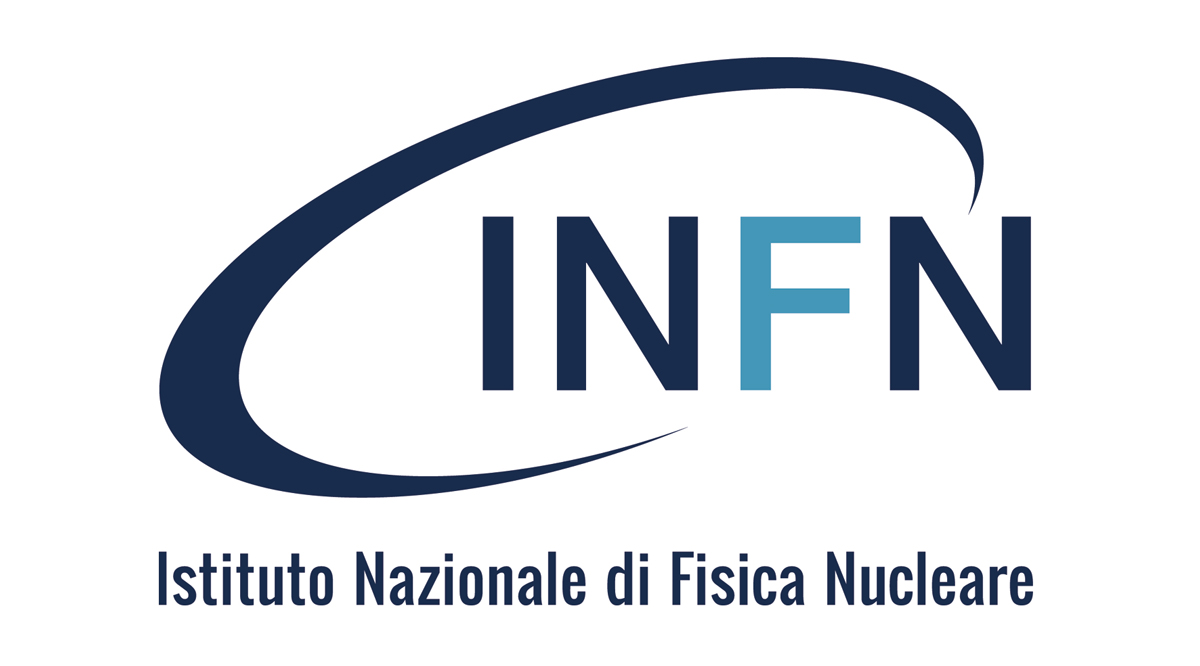 INFN
INFN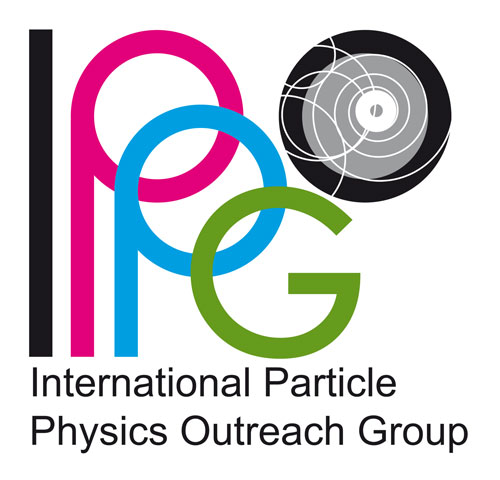 IPPOG
IPPOG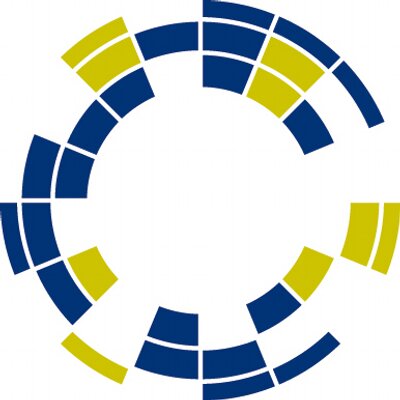 NTW
NTW
